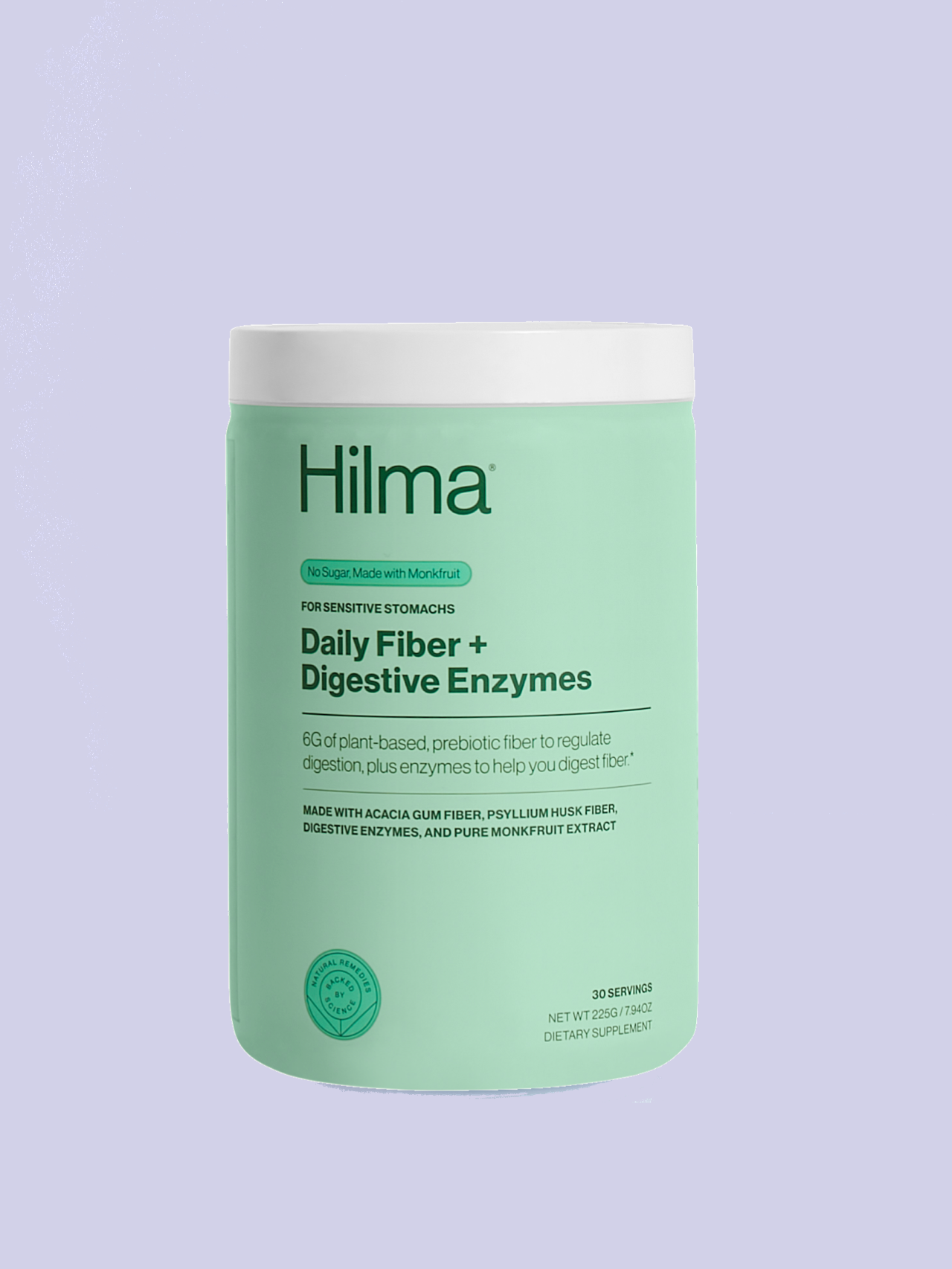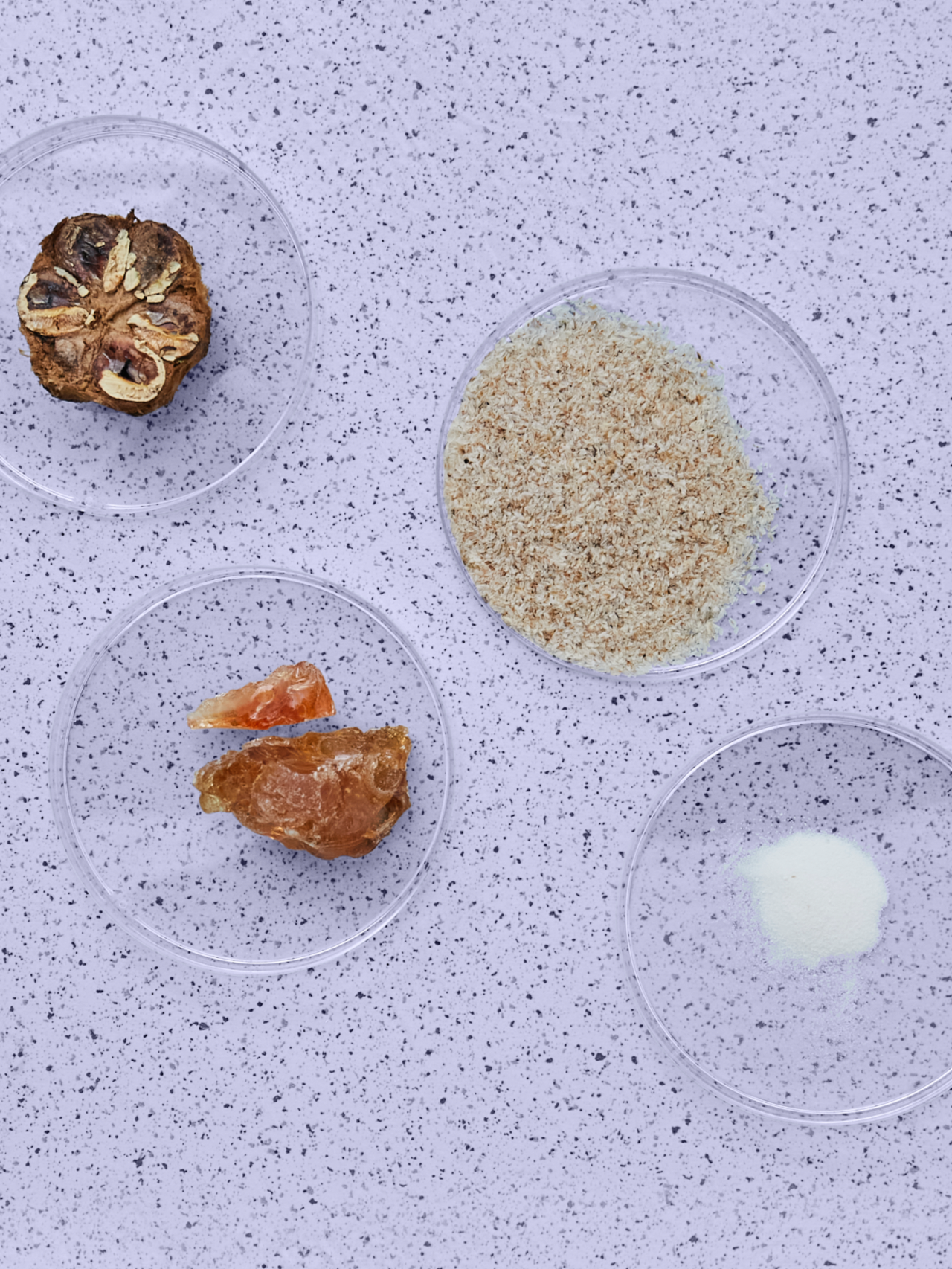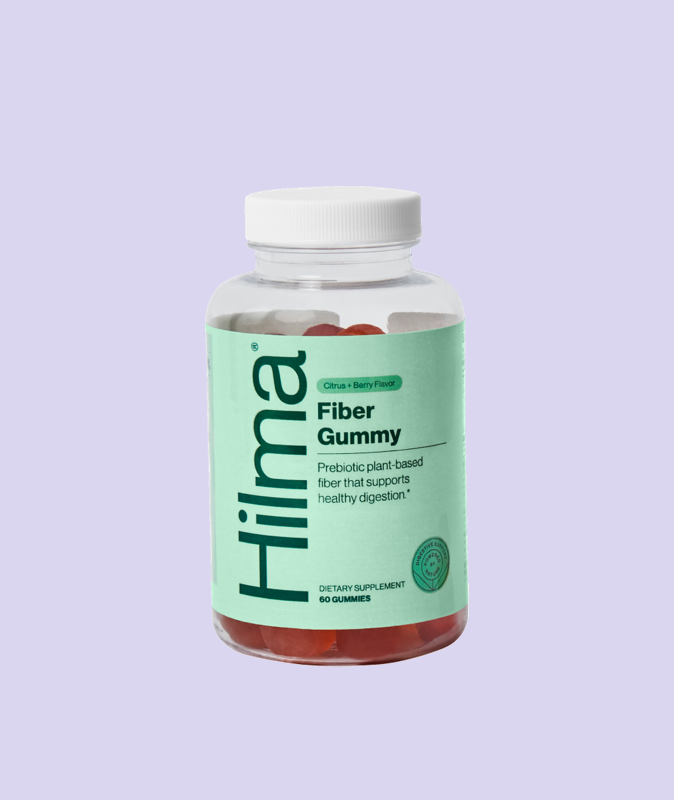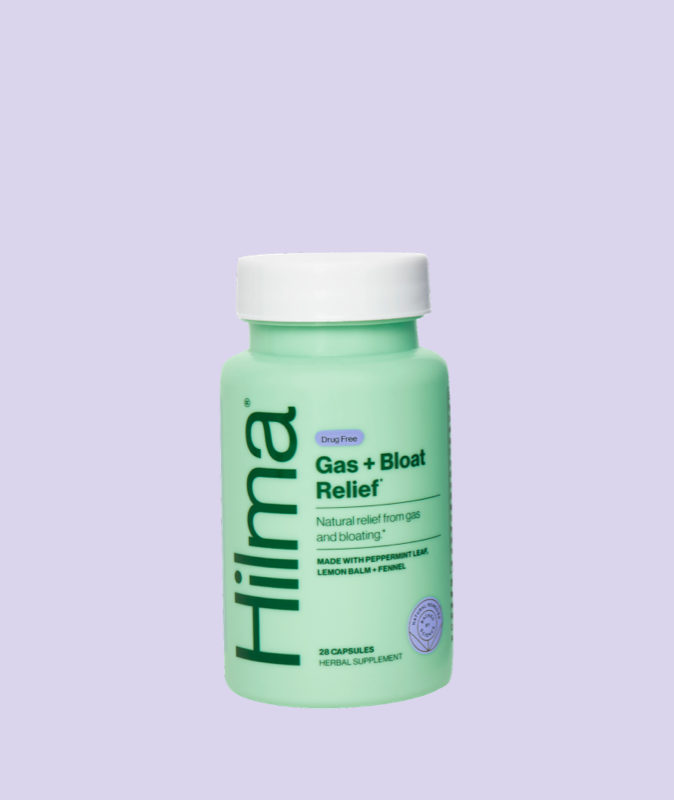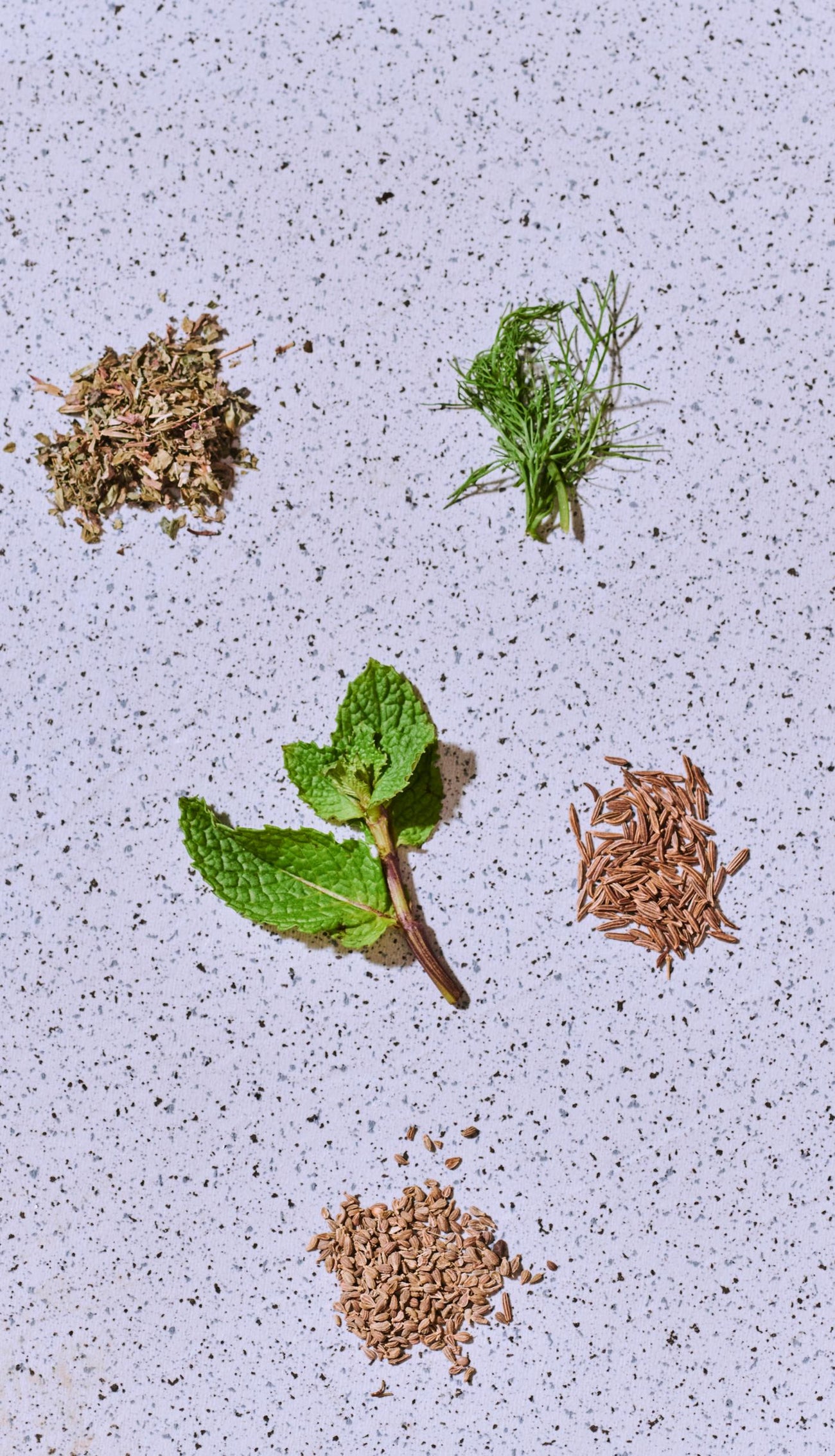
Ingredients:
- 1 sweet potato
- 1 head of purple cabbage
- 1 zucchini
- 1 apple
- 1 can chickpeas
Dressing:
- Olive oil
- Dijon mustard
- Honey
- Apple cider vinegar
Instructions:
- Preheat the oven to 400°F (200°C).
- Peel and dice the sweet potato. Rinse and drain the chickpeas from the can.
- Place the sweet potatoes and chickpeas on a baking sheet. Toss them with avocado oil, garlic powder, and paprika until evenly coated. Bake in the preheated oven for 35 minutes.
- Meanwhile, chop the purple cabbage, zucchini, and apple into bite-sized pieces.
- In a large mixing bowl, combine the roasted sweet potatoes and chickpeas with the chopped raw veggies.
- In a small bowl, whisk together the olive oil, Dijon mustard, honey, and apple cider vinegar to make the dressing.
- Pour the dressing over the salad and toss everything together until well coated.
Gut Health Benefits of ingredients:
1. Sweet Potatoes
Sweet potatoes are a nutritious, fiber-rich root vegetable with several benefits for gut health and overall well-being.
Gut Health Benefits:
- Rich in fiber: Sweet potatoes contain both soluble and insoluble fiber. Soluble fiber helps to slow digestion, regulate blood sugar, and feed beneficial gut bacteria, while insoluble fiber adds bulk to stool, promoting regular bowel movements.
- Supports gut health: The fiber in sweet potatoes acts as a prebiotic, meaning it nourishes the beneficial bacteria in the gut, supporting a healthy microbiome.
- Anti-inflammatory properties: Sweet potatoes are high in antioxidants, particularly beta-carotene, which is converted to vitamin A in the body. Vitamin A helps maintain the integrity of the gut lining and reduces inflammation in the digestive tract.
2. Purple Cabbage
Purple cabbage is a cruciferous vegetable that offers both digestive and immune-supporting benefits.
Gut Health Benefits:
- High in fiber: Purple cabbage is loaded with fiber, especially insoluble fiber, which adds bulk to the stool and promotes regular bowel movements. Its high fiber content can also help reduce constipation and promote satiety.
- Rich in antioxidants: Purple cabbage is particularly high in anthocyanins, which are powerful antioxidants with anti-inflammatory properties. These antioxidants help reduce gut inflammation and protect the cells lining the digestive tract.
- Sulforaphane: Like other cruciferous vegetables, purple cabbage contains sulforaphane, a compound that supports detoxification and may help protect the gut from harmful bacteria and inflammation.
- Supports a healthy gut microbiome: The fiber in purple cabbage acts as a prebiotic, feeding beneficial gut bacteria and contributing to a balanced microbiome.
3. Apple
Apples are a versatile and fiber-rich fruit that provides a range of gut health benefits, especially when eaten with the skin.
Gut Health Benefits:
- Rich in pectin: Apples contain a high amount of pectin, a soluble fiber that acts as a prebiotic by feeding beneficial gut bacteria. Pectin also helps regulate bowel movements and can ease both constipation and diarrhea.
- Supports a balanced gut: The prebiotic fiber in apples helps maintain a healthy balance of gut bacteria, promoting better digestion and nutrient absorption.
- Antioxidants: Apples are rich in antioxidants, such as quercetin, which can help reduce inflammation in the gut, support immune function, and protect the digestive lining from oxidative stress.
- Hydration and digestion: Apples have a high water content, which aids in digestion by helping to soften the stool and prevent dehydration-related constipation.
4. Chickpeas
Chickpeas (also known as garbanzo beans) are a legume packed with protein, fiber, and essential nutrients that promote gut health.
Gut Health Benefits:
- High in fiber: Chickpeas are a great source of both soluble and insoluble fiber. Soluble fiber helps regulate blood sugar and supports the growth of beneficial gut bacteria, while insoluble fiber adds bulk to the stool, promoting regularity and preventing constipation.
- Supports a healthy microbiome: The fiber in chickpeas acts as a prebiotic, feeding and supporting the growth of beneficial gut bacteria. A healthy gut microbiome contributes to better digestion and improved overall health.
- Rich in protein: The plant-based protein in chickpeas aids in muscle repair and overall health, including the maintenance of the gut lining.
- Promotes satiety: The combination of fiber and protein in chickpeas helps you feel full longer, supporting healthy digestion and preventing overeating, which can contribute to digestive discomfort.
5. Apple Cider Vinegar
Apple cider vinegar (ACV) is a fermented product that is often touted for its digestive and gut health benefits.
Gut Health Benefits:
- Aids digestion: ACV contains acetic acid, which helps increase stomach acidity. This can improve the digestion of food and the absorption of nutrients, particularly proteins and minerals. It may also prevent issues like bloating and indigestion by promoting proper stomach acid levels.
- Balances gut bacteria: The fermentation process used to make ACV produces probiotics, which support a healthy balance of gut bacteria. A healthy microbiome can reduce symptoms of digestive disorders like bloating and constipation.
- Helps regulate blood sugar: ACV has been shown to help regulate blood sugar levels after meals, preventing spikes that can contribute to digestive discomfort. Stable blood sugar levels are key for maintaining steady energy and avoiding digestive upset.
- Anti-inflammatory properties: ACV’s antioxidants, such as polyphenols, may reduce inflammation in the gut and support the gut lining.
Each of these foods offers a unique set of nutrients that support gut health, making them excellent additions to a gut-friendly diet. Combined, they provide fiber, prebiotics, antioxidants, and anti-inflammatory compounds that help maintain a healthy gut microbiome and support smooth digestion.
